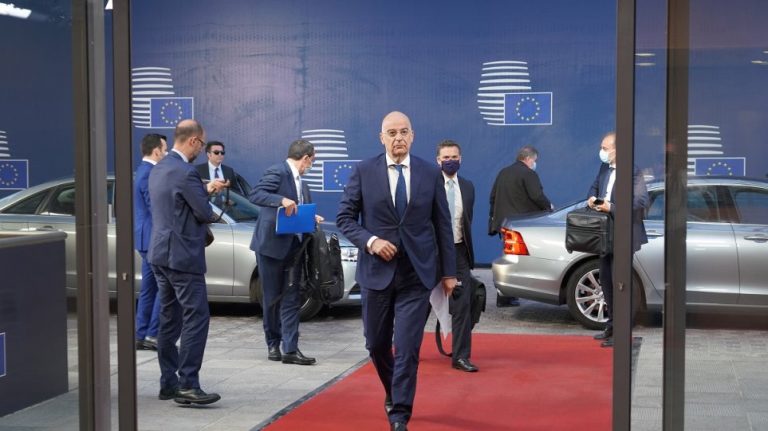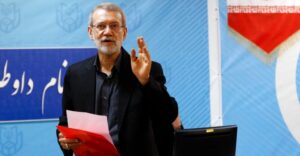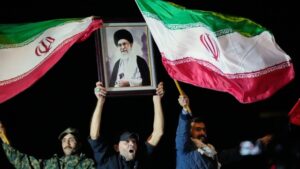“Greece has capable armed forces. Europe must understand that it must take a quick stand here to prevent this (military conflict with Turkey). Because if it does not, the outcome will not be nice, not nice at all”, Greek Foreign Minister Nikos Dendia told Skai TV on Monday night.
The head of Greek diplomacy explained that the government of Kyriakos Mitsotakis has a constitutional obligation to fully protect the sovereignty and rights of Greece.
This is the framework in which the Greek Foreign Minister addressed his 26 European colleagues during the EU Foreign Affairs Council held in Brussels. Reliable sources says that Nikos Dendias explained to his colleague that in event Turkey attempted to violate Greece’s sovereign rights, then Athens had a specific plan to react.
In the event of an escalation of Turkish aggression involving illegal drilling off the coastal regions of Crete, Rhodes or another Greek island, Mr. Dendias explained that Athens would react militarily.
The Greek Foreign Minister explained to his 27 European counterparts that in case Greek-Turkish relations derailed and slipped into a military confrontation, Athens would invoke Article 42 of the EU Treaty and ask for the military assistance of other countries.
As article 42 in the preamble of the EU Founding Treaty clearly states: “If a Member State is the victim of armed aggression on its territory, the other Member States shall have towards it an obligation of aid and assistance by all the means in their power, in accordance with Article 51 of the United Nations Charter”.
The 27 EU foreign ministers discussed the issue of Turkey at length. Diplomatic observers note that for the first time a bloc of countries has emerged – in addition to Greece and the Republic of Cyprus – whose representatives have clearly called for the establishment and imposition of a list of sanctions against Ankara in order to send a clear message that Erdogan’s actions against sovereign rights of other EU countries cannot be tolerated.
The countries that openly supported the positions of Greece and Cyprus included France, Austria – whose foreign minister reportedly said the tale of the so-called European Turkey is over -, Luxembourg, Slovakia and Estonia.
Diplomatic sources say none of the representatives of the other 20 EU member states participating in the Foreign Affairs Council openly defended Turkey’s policies and Tayyip Erdogan’s strategy, but some European foreign ministers called for all possible means of talks to be exhausted before Brussels imposes financial sanctions.
Ask me anything
Explore related questions





